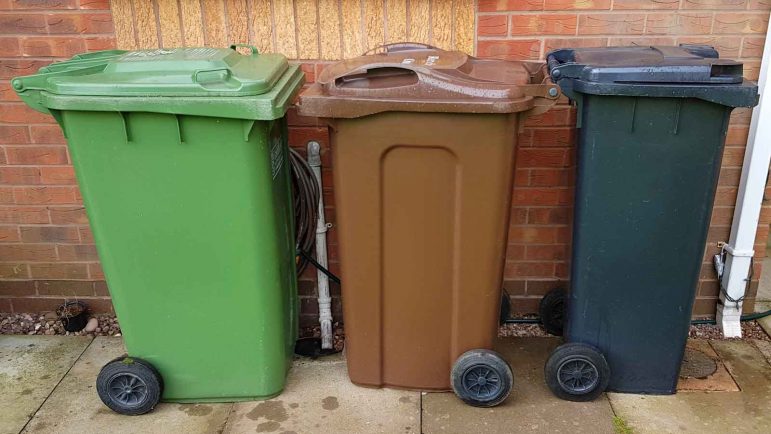The District Councils’ Network is pleased that the Government has listened to our concerns about the unintended consequences of proposals to standardise the waste collection system across England.
The Department for Environment, Food & Rural Affairs today announced that councils will retain the local ability to decide how best to collect waste in the way that best works for their local communities.
We also await confirmation that the government will drop its proposal that all households should receive free garden waste collections. These collections are a key source of income for waste services. We firmly believe that people who do not use the service should not subsidise those who do.
DCN believes that local discretion is the best means of improving recycling rates and moving towards net zero. Retaining proposals to let residents recycle more at home – whilst allowing councils to decide how to collect recycling – will ultimately result in higher levels of recycling. The implementation of mandatory weekly food waste collections will be challenging for some councils. We understand the desire to recycle food waste more effectively. But we would urge the Government to offer flexibility in situations where collecting food waste at the kerbside is difficult, for example blocks of flats.
We also have concerns about the decision to impose mandatory fortnightly collections for residual waste. This removes councils’ ability to decide what is best for their communities. There can be good environmental reasons for collecting waste less frequently. This new requirement risks cutting across the Government’s own aim of boosting the recycling of food waste.
The waste sector now awaits the full detail of Defra’s plans. Councils are keen to work with the Government to ensure reforms are workable and work to minimise waste overall, rather than just increase recycling rates.
It is essential for the Government to fully fund the resource and capital costs that councils will incur to implement the remaining reforms, especially food waste collections. Councils cannot afford the cost of new bins, vehicle fleets and, in some cases, larger depots. The longstanding principle that new burdens imposed by the Government are funded by the Government must be fully applied.
The reforms should be implemented in a realistic timescale. In recent years many councils have felt they had no choice but to postpone upgrading waste infrastructure because uncertainty over national policies meant they might buy the wrong type of equipment. This means that much equipment needs to be replaced or upgraded. However, it is hard to believe all councils can procure the new equipment and infrastructure in little more than two years.
Councillor Sarah Nelmes, DCN’s environment spokesperson, said:
“District councils are committed to collecting and recycling waste in the most environmentally friendly way possible – but this differs from place to place, with local expertise required to devise plans that work for each community.
“Today’s announcement that councils will be able to collect waste materials however they decide is a victory for common sense. We can continue to rely on the local solutions which have increased recycling rates and we now have the certainty we need to take long-term decisions on how to improve services for our residents and to help us move towards net zero.
“Although we will be spared the costs of buying vast numbers of bins and vehicles for the sole purpose of conforming to top-down stipulation, there will still be significant costs attached to the reforms, and we await further detail from the Government on how they will be funded. Any ongoing costs must be covered through either new burdens funding from the Government or from the upcoming Extended Producer Responsibility scheme.”
“We look forward to working with the Government and the rest of the waste sector to bring about the best possible services for our residents and the most positive possible for our environment – both local and global.”






